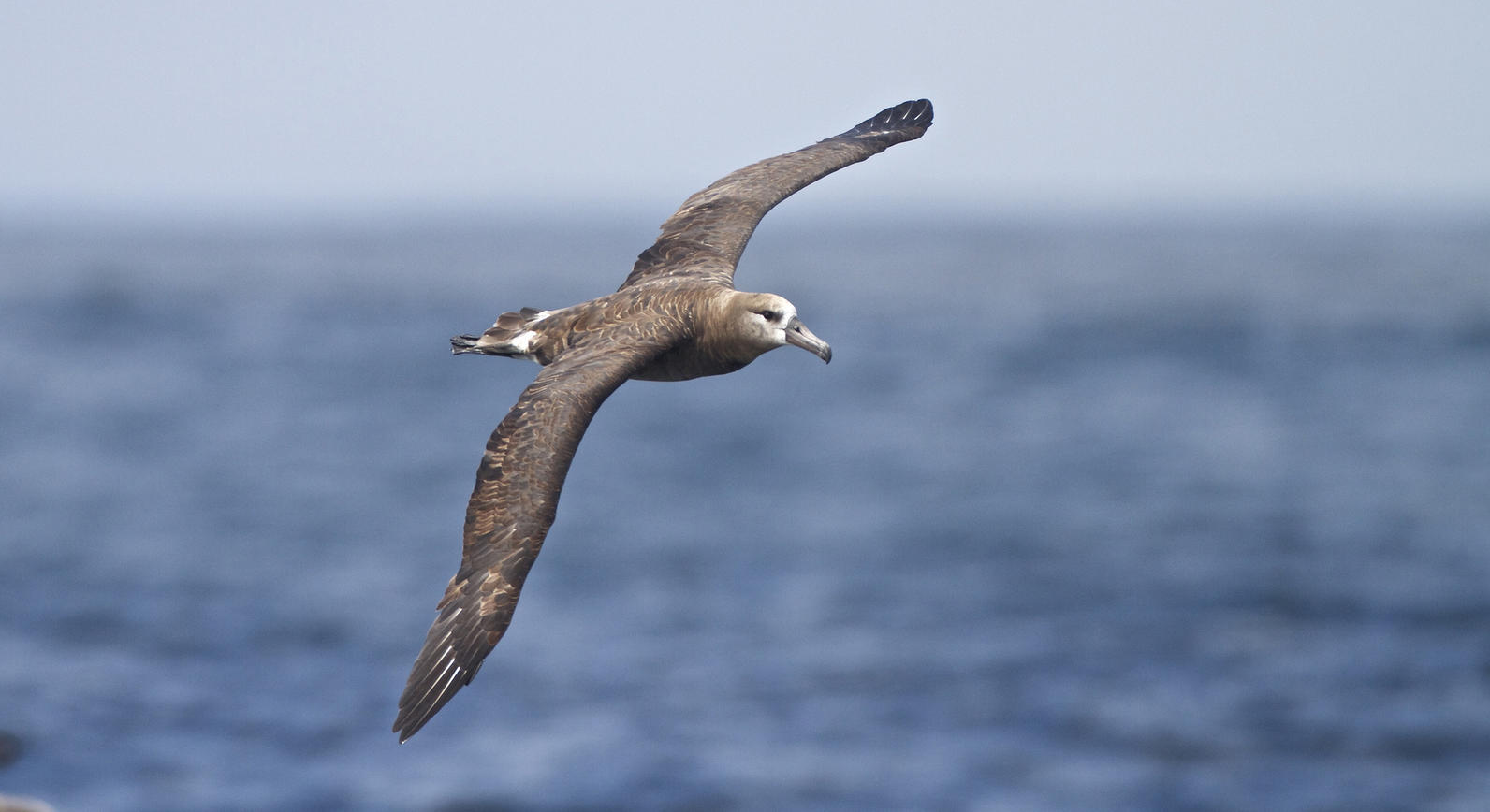
Those who have been following this space know that one of Audubon California’s biggest initiatives over the summer was rallying people in defense of national marine sanctuaries in California. In April, President Trump signed an executive order calling for a Commerce Department review of all marine sanctuaries designated or expanded in the last ten years with the express intention of exploiting them for oil drilling, mining, and other activities. He gave the Commerce Department 180 days to return with recommendations about reductions or changes to the marine sanctuaries.
That deadline is today, and we’ve been watching carefully for this report. Now we’re hearing that it is likely that this report will not be made public, mirroring what happened with a similar report on national monuments from the Interior Department earlier this year (portions of the Interior report were leaked to the media).
If the Commerce Department report is indeed kept under wraps, that will simply be unacceptable to conservation groups like Audubon California. President Trump made it very clear in his executive order that he wants to see these sanctuaries shrunken and exploited for oil drilling and mining. The American public deserves to know what its leaders are planning to do to our natural treasures.
The controversy over marine sanctuaries is particularly important for California, as this state hosts four of them. The embattled sanctuaries off the California coast include Channel Islands, Monterey Bay, the Greater Farallones and Cordell Bank. These sanctuaries are essential for the survival of species such as the Brown Pelican, Ashy Storm-petrel, Black-footed Albatross, Sooty Shearwater, and dozens of others. Marine birds are among our most threatened, and the human activities described by Trump in his executive order would further imperil them.
These places also provide direct support to California’s economy. A multitude of jobs rely on expenditures by visitors from around the globe who come to enjoy these protected coastal areas for boating, recreational fishing, and wildlife viewing. These sanctuaries are vital for California’s local, sustainable seafood including squid, salmon, halibut and tuna.
We’ll keep you updated as news comes in.
By Garrison Frost
Monthly Giving
Our monthly giving program offers the peace of mind that you’re doing your part every day.




